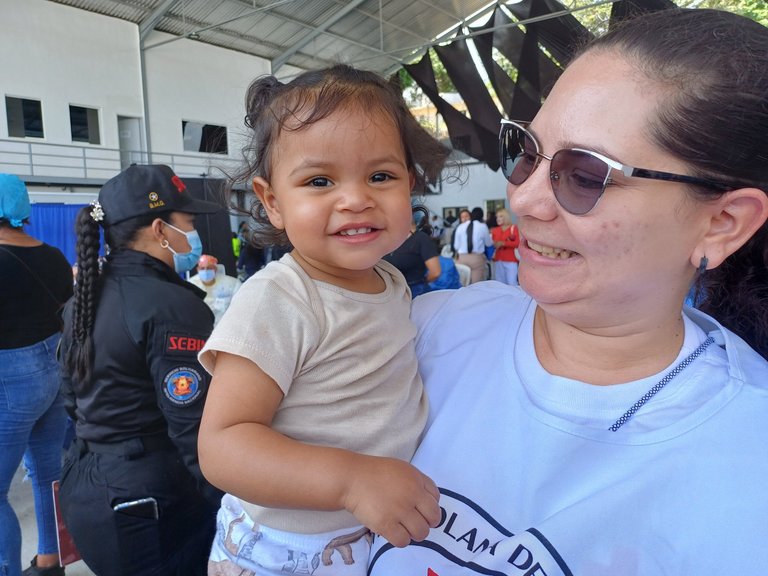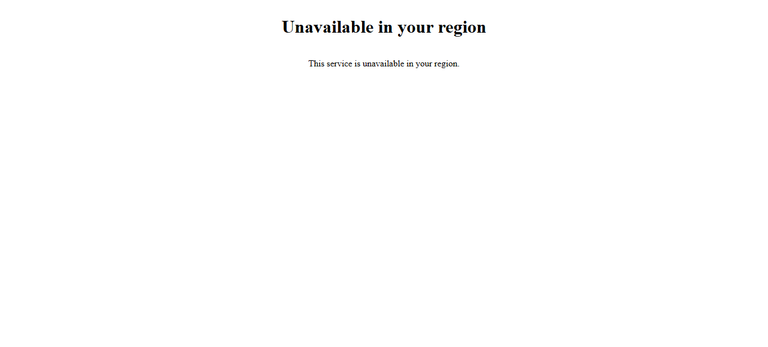The Latin American Report # 521

This Tuesday, the flight no. 33 carrying deported Venezuelan migrants from the United States landed in Maiquetía, part of a precarious and volatile agreement between Donald Trump’s Washington and Nicolás Maduro’s Caracas. The flight—with 135 Venezuelans—departed from the migrant-unfriendly state of Texas and follows another that arrived via Honduras last Wednesday with 152 deportees. Interior Minister and Chavismo heavyweight Diosdado Cabello stated that more migrants would be brought back this very week, although from Mexico. The Miraflores Palace frames these operations as part of the so-called "Great Mission Return to the Homeland," which was activated last year in response to chaos in South America involving dozens of disillusioned Venezuelan migrants facing harsh living conditions and xenophobic treatment in countries like Peru and Chile. The Bolivarian government now claims it is rescuing "victims on U.S. soil from arbitrary detentions, deportations without cause, confiscation of belongings and documents, as well as discriminatory treatment."
 Back at home (source).
Back at home (source).Argentina
In Argentina, both the judiciary and the executive are trying to soften the social backlash triggered by the final sentencing of former President and yet popular and influential leader Cristina Fernández de Kirchner, found guilty of fraudulent administration. Some critics of the case argue that, in practice, there is no tangible evidence linking Fernández to the awarding of public works contracts cited in the complaint. This isn’t entirely false, as everything against the leader of the Justicialist Party hinges on the notion of "common sense" and intuition. That is, there are plenty of signs and clues suggesting something shady went down—something in which it would have been very difficult for her not to have played a prominent, even leading role, as the prosecution argued. But if everything is sifted through the filter of direct, conclusive, and irrefutable evidence, the weaknesses of the case become glaringly obvious.
Now, the spotlight is on the courts’ decision regarding the defense’s request for Fernández to serve her sentence under the softened form of house arrest. The key argument is her age—the law allows it—along with more debatable points, such as her tenure in the Casa Rosada (beyond this case, shouldn’t defrauding society from the position of president be an aggravating factor?) and the (alleged) assassination attempt she suffered in 2022. Prosecutors oppose any leniency, including the possibility of her avoiding an electronic ankle monitor, and are even disputing her proposed residence. Rumor has it that, as early as this Tuesday, to avoid inevitable social unrest, the relevant court may grant the house arrest request, preventing Fernández from being escorted by a crowd of loyal supporters who continue to stand by her.
 Source
SourceIn a very new development, we now have DeepL blocked in Cuba because of the U.S. sanctions 👇.


Congratulations @limonta! You received a personal badge!
You can view your badges on your board and compare yourself to others in the Ranking